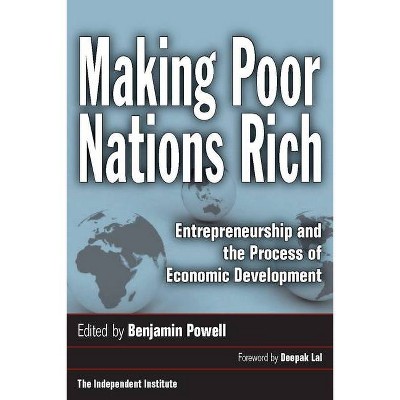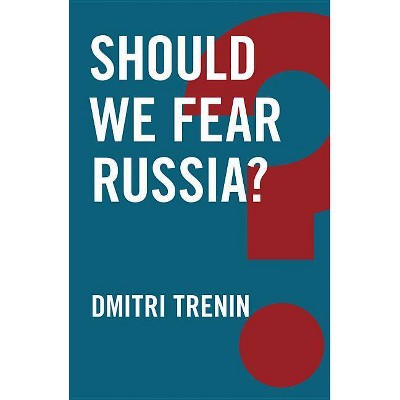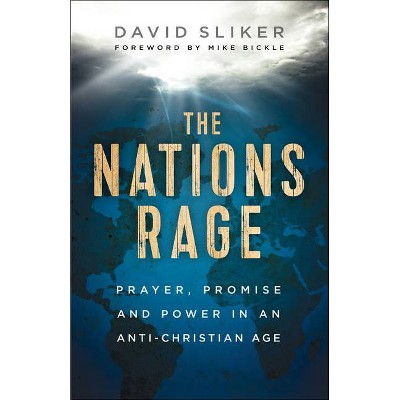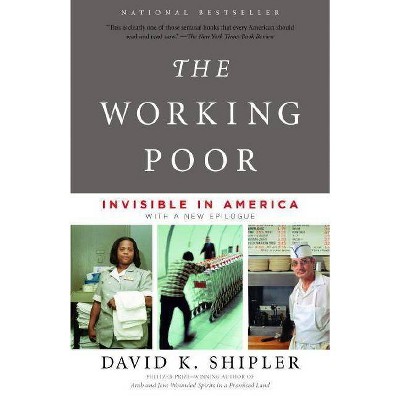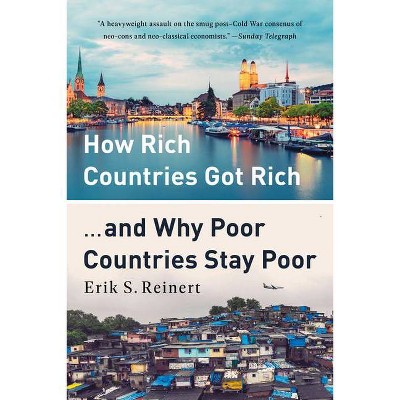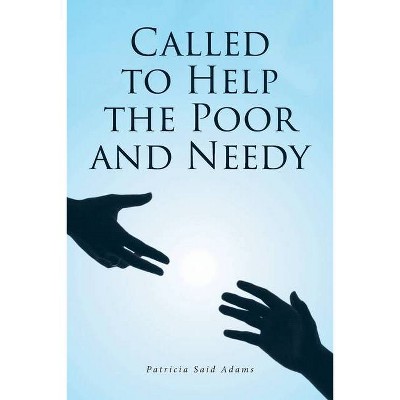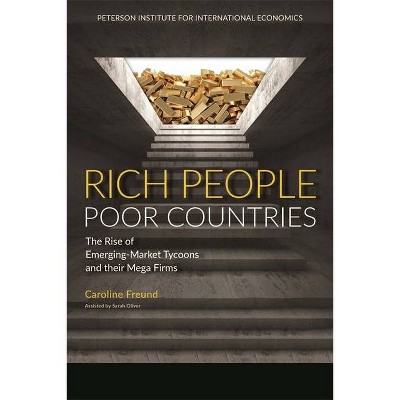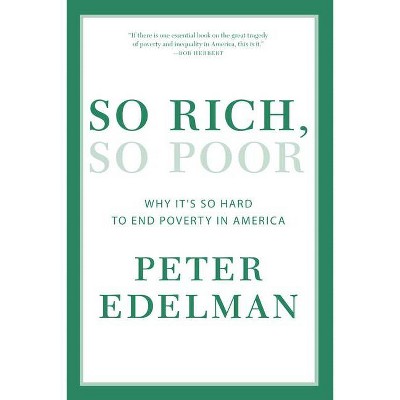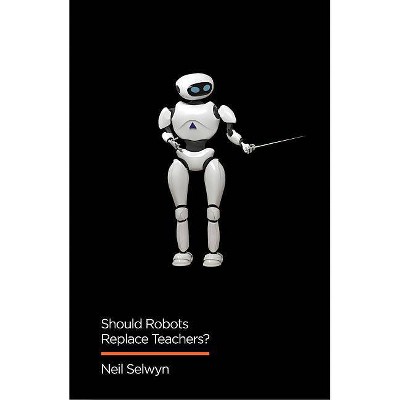Should Rich Nations Help the Poor? - (Global Futures) by David Hulme (Paperback)
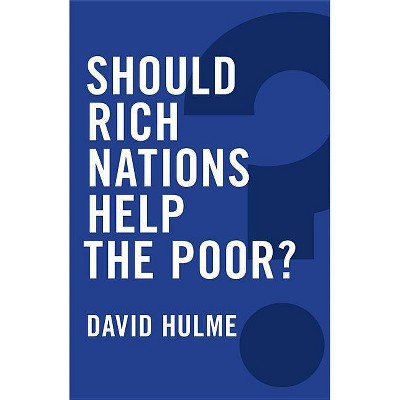
Similar Products
Products of same category from the store
AllProduct info
<p/><br></br><p><b> About the Book </b></p></br></br>In the past decade, the developed world has spent almost US$ 2 trillion on foreign aid for poorer countries. Yet 1.2 billion people still live in extreme poverty. But should rich nations continue to help the poor? This incisive little book responds with a resounding 'yes'. It is both the right thing to do and the wise thing to do.<p/><br></br><p><b> Book Synopsis </b></p></br></br>In the past decade, the developed world has spent almost US$ 2 trillion on foreign aid for poorer countries. Yet 1.2 billion people still live in extreme poverty and around 2.9 billion cannot meet their basic human needs. <br /><br />But should rich nations continue to help the poor? In this short book, leading global poverty analyst David Hulme explains why helping the world's neediest communities is both the right thing to do and the wise thing to do Ð if rich nations want to take care of their own citizens' future welfare. <br /><br />The real question is how best to provide this help. The way forward, Hulme argues, is not conventional foreign aid but trade, finance and environmental policy reform. But this must happen alongside a change in international social norms so that we all recognise the collective benefits of a poverty-free world.<p/><br></br><p><b> Review Quotes </b></p></br></br><br>'David Hulme's is a passionate and personal yet professional plea for attacking poverty rather than trying to stop bodies washing ashore in the Mediterranean. We can still argue about definitions of poverty and the value of charity, but it is no longer possible in our interconnected planet to deny the self-interests of the wealthy West in addressing pandemics, narco-trafficking, climate deterioration, and terrorism. Read why things have to change.'<br /><b>Thomas G. Weiss, The Graduate Center, CUNY<br /><br /></b>The impulse to assist poor people in poorer countries appears weaker than it has at any time in the recent past. In this slim volume, David Hulme presents the case in support of global connectedness (albeit with some reforms and course corrections) and reinforcing foreign aid (but with significant modifications). This persuasive polemic, smoothly flowing and accessibly presented, is well worth a read. The essential humanity that permeates the narrative is uplifting.<b><br />Anirudh Krishna, Duke University<br /><br /></b>Hulme addresses this complex topic with clarity and provides a platform for further discussion about future development initiatives. The book is therefore a good resource for development practitioners, planners and policymakers.<b><br /><b>Environment and Urbanization </b><br /></b><br><p/><br></br><p><b> About the Author </b></p></br></br>David Hulme is Professor of Development Studies at The University of Manchester where he is Director of the Brooks World Poverty Institute and CEO of the Effective States and Inclusive Development Research Centre
Price History
Price Archive shows prices from various stores, lets you see history and find the cheapest. There is no actual sale on the website. For all support, inquiry and suggestion messagescommunication@pricearchive.us
